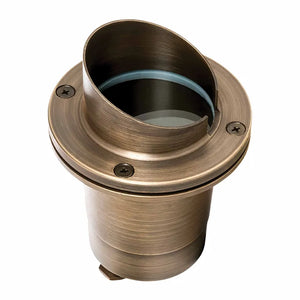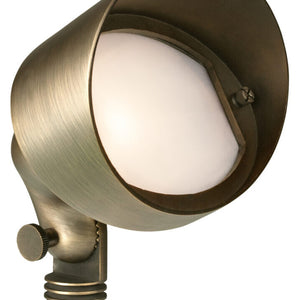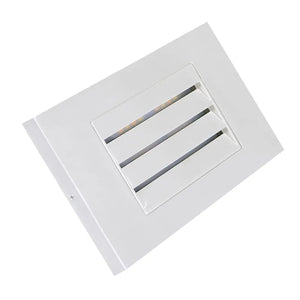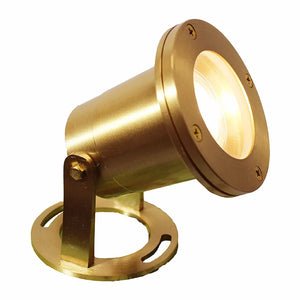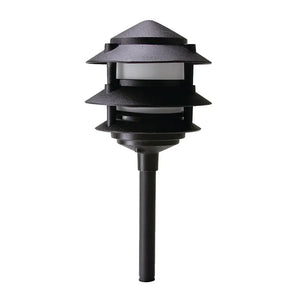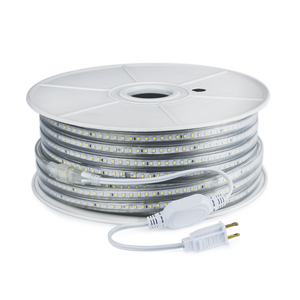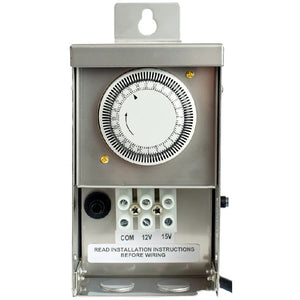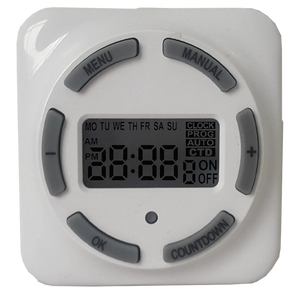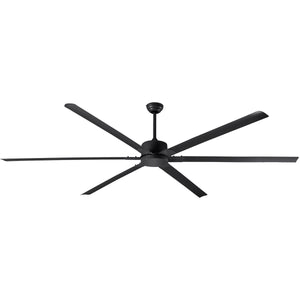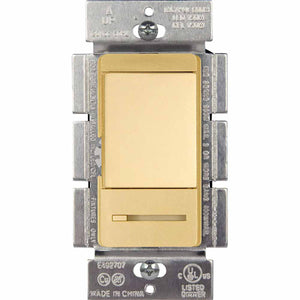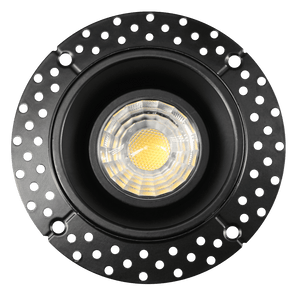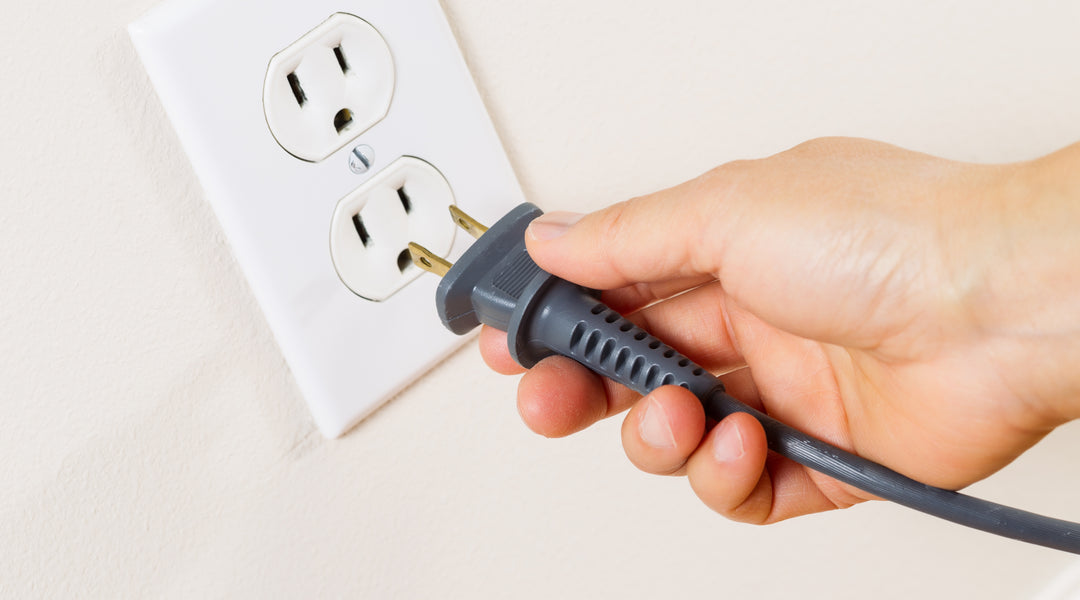
After experiencing a flood, homeowners often face numerous decisions regarding repairs and safety measures. One crucial question that arises is: “Should I change residential electrical receptacles after a flood?” At Electrical Marketplace, we understand the importance of ensuring the safety of your home’s electrical system. Let’s explore why changing electrical receptacles after a flood is not only advisable but essential.
Understanding the Risks
- Damage from Water Exposure
Floodwaters can cause significant damage to electrical receptacles. Even if the receptacles appear dry on the surface, moisture can seep inside, leading to corrosion and compromising their functionality. Water exposure can create electrical hazards that pose serious risks, including short circuits and electrical fires.
- Contamination Concerns
In addition to water, floodwaters often contain various contaminants such as mud, chemicals, and debris. These contaminants can interfere with the electrical connections within receptacles, leading to further damage and safety issues. Changing the receptacles is a proactive measure to ensure your home is safe and free from hidden dangers.
Why You Should Change Electrical Receptacles After a Flood
- Ensuring Safety
Safety is the primary reason to change electrical receptacles after a flood. Damaged or compromised receptacles can lead to electrical shocks or fires, putting your family at risk. By replacing them, you minimize these hazards and ensure your home remains a safe environment.
- Compliance with Electrical Codes
Many local building codes require the replacement of electrical components exposed to water damage, including receptacles. By changing your receptacles, you ensure compliance with these regulations, which is crucial if you plan to sell your home or undergo further renovations.
- Preventing Future Issues
Changing receptacles after a flood can prevent future problems. If you choose to leave damaged receptacles in place, you may face ongoing issues such as frequent circuit tripping, flickering lights, or the need for costly repairs down the line. Investing in new receptacles now can save you time, money, and headaches in the future.
Steps to Take After a Flood
- Assess the Damage
After the floodwaters recede, assess the damage to your electrical system. Look for signs of water exposure, corrosion, or visible damage around receptacles. If you notice any issues, it’s essential to address them promptly.
- Consult a Professional Electrician
It’s always advisable to consult a licensed electrician when dealing with electrical systems affected by flooding. They can conduct a thorough inspection of your home’s electrical wiring, receptacles, and other components to identify any issues that need attention. An electrician will also ensure that any replacements comply with local codes and safety standards.
- Replace Damaged Receptacles
Once you’ve identified damaged receptacles, replacing them is crucial. Choose high-quality receptacles that meet the electrical demands of your home. If you live in an area prone to flooding, consider installing weather-resistant or GFCI (Ground Fault Circuit Interrupter) receptacles in vulnerable locations, such as basements or outdoor areas.
Contact Electrical Marketplace Today
If you’re wondering whether to change residential electrical receptacles after a flood, the answer is a resounding yes. Ensuring the safety and functionality of your home’s electrical system is vital for protecting your family and property. At Electrical Marketplace, we offer a wide selection of high-quality electrical products and solutions to meet your needs.
For more information or to speak with our experts, call us at (800) 303-5332. Don’t take chances with your electrical safety—contact us today for reliable guidance and solutions!














